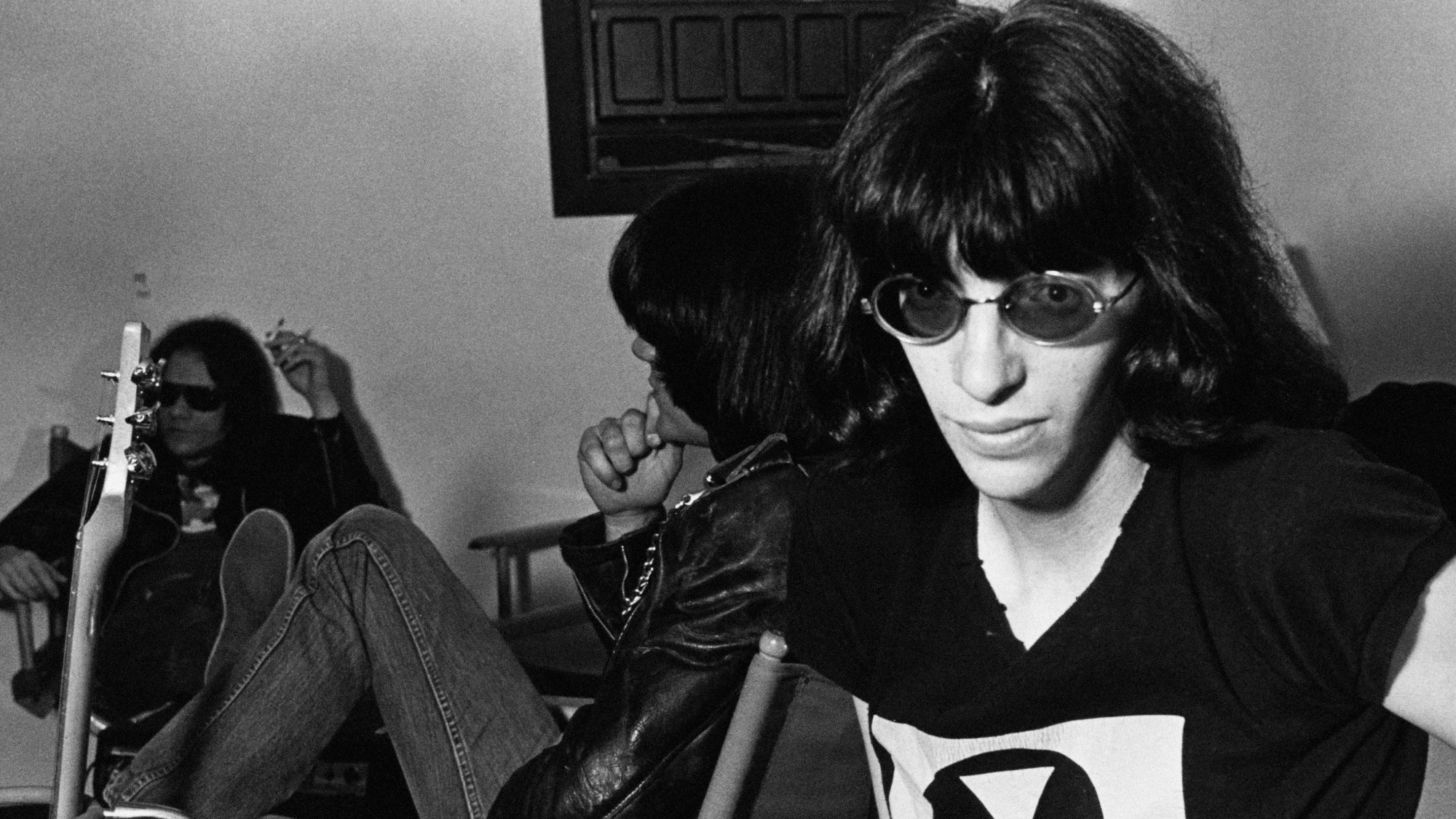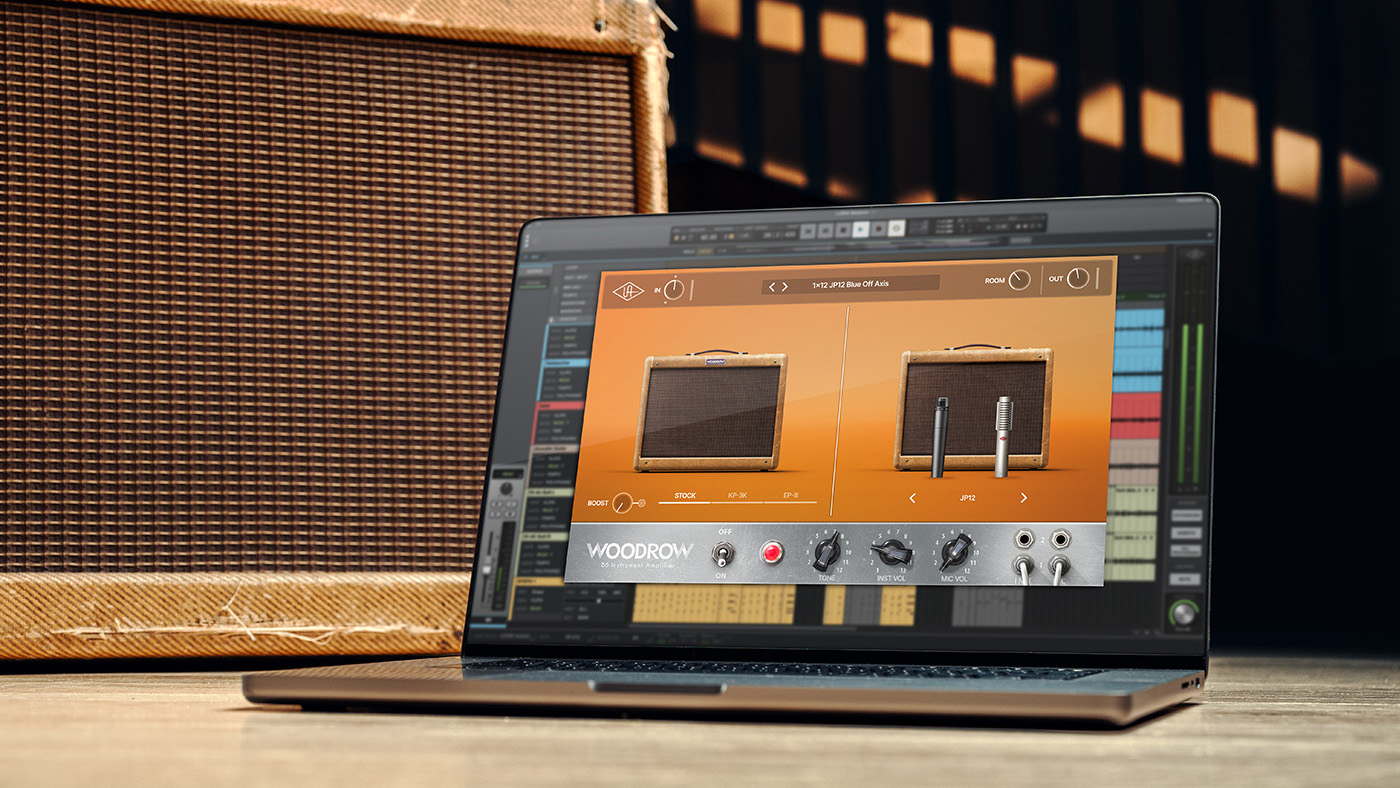Lukas Nelson interview: "It’s like being in a masterclass, seeing how Neil Young works"
The Promise Of The Real leader talks legends, Les Pauls and writing his best songs yet during quarantine
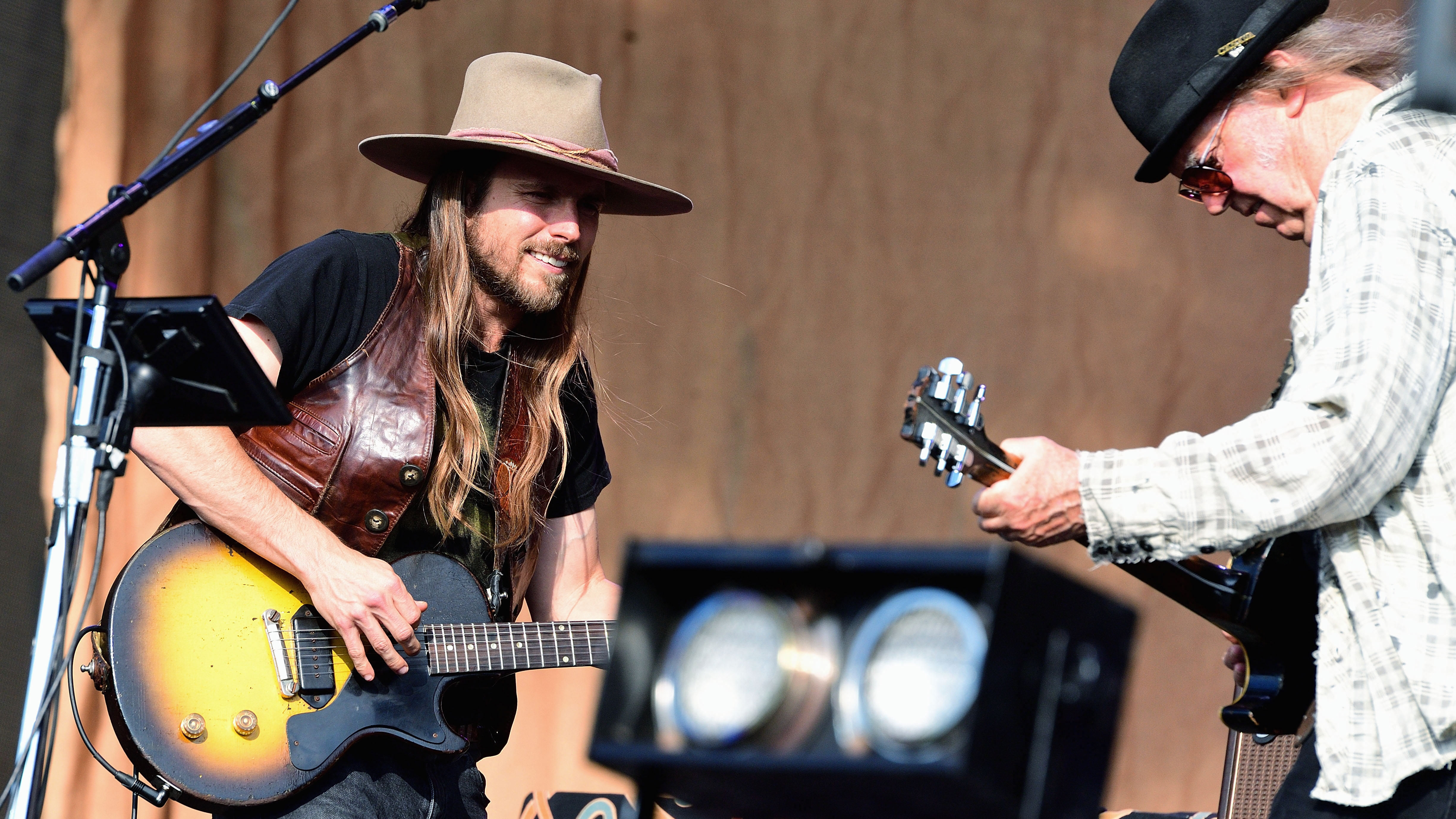
It’s a Friday morning, Lukas Nelson’s in LA, but he can't say where and he sure as sugar can’t tell us exactly what he's doing except to say that he and his band, Promise Of The Real are finally back in business.
After over four months of quarantine, during which Nelson has busied himself with his Quarantunes Sessions, uploading to YouTube and scratching the itch to perform, he and the band are getting down to it, working from a long list of songs, and taking the time to do things right.
This, he says, is a luxury. Typically there’s no time. Naked Garden, released in March, was the second half of a febrile session in which Promise Of The Real tracked over 20 tracks in under a week.
His manager has him sworn to secrecy, so he’s taking the fifth on the details, but he can't hide the excitement about the compositions. And he is similarly enthused on putting his signature to a Gibson Les Paul Junior – a slab of mahogany with a single dog-ear P-90 that’s crafted precisely after his much-loved 1956 Junior.
The Lukas Nelson '56 Les Paul Junior is finished in Satin Vintage Sunburst, has a good ol’ fat neck, an abundance of period detail, and no extraneous features.
Here he explains how he swapped the Strat for the Junior and never looked back…
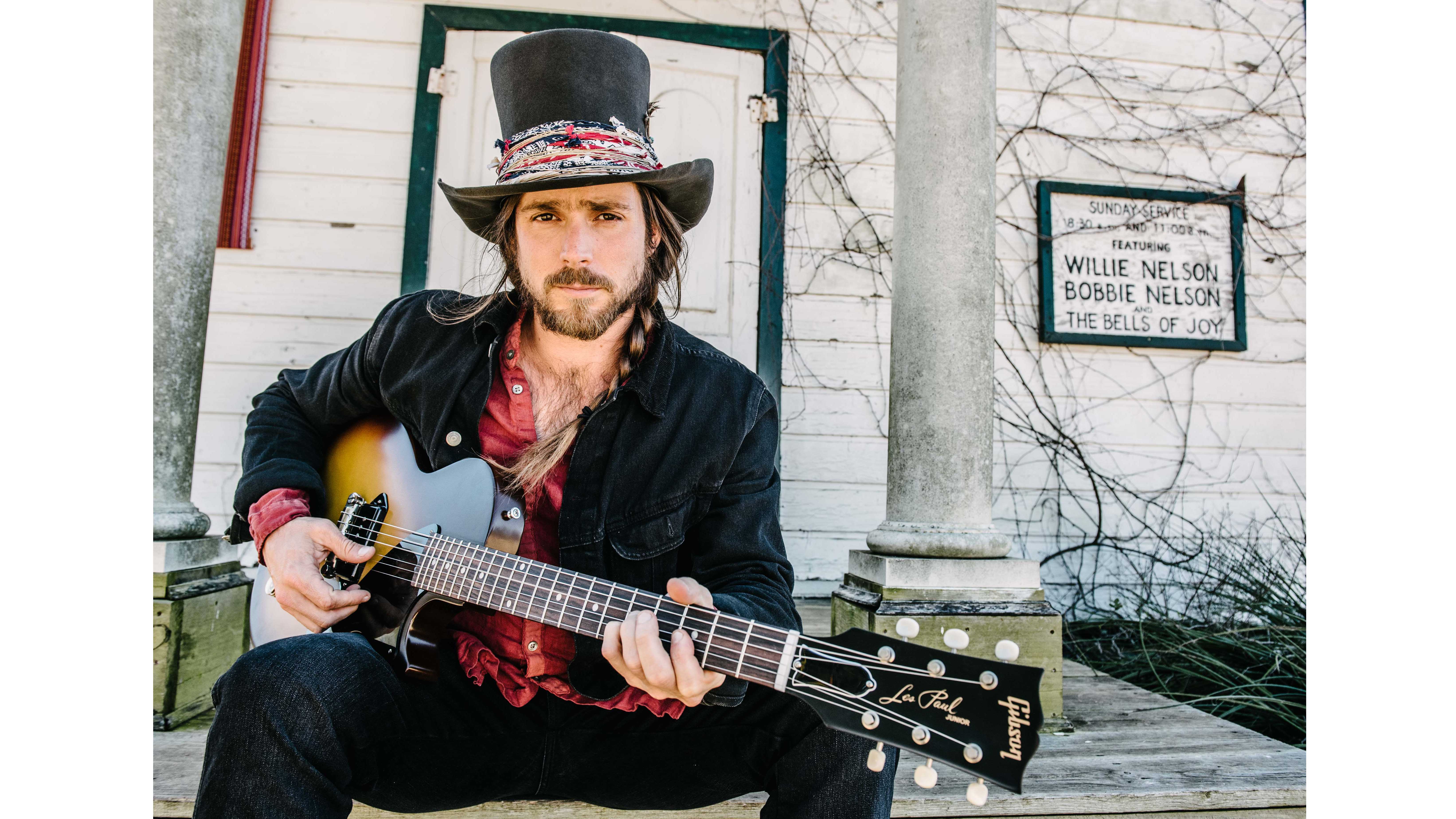
How did you end up with a 1956 Les Paul Junior?
“Larry Cragg is a collector of vintage instruments in northern California, and he worked for Neil Young for a really long time as a guitar tech. And he is also a really great musician himself. I was playing with Bob Weir at his TRI Studios in San Rafael, California. We were doing some stuff there together and Larry came down to deliver a couple of Magnatone amps.
Get the MusicRadar Newsletter
Want all the hottest music and gear news, reviews, deals, features and more, direct to your inbox? Sign up here.
“I use Magnatone amps, and he had a couple that I was borrowing or renting – maybe I even bought ‘em, I can’t remember at this point. This was about seven or eight years ago. Before that, I was alway playing Strats but when I got this guitar, Larry said, ‘I’ve got this friend who’s got this guitar and he’s selling it and I think you’ll really like it.’ When I played it, I thought, ‘Wow, I didn’t expect that sound!’
“Coming to a P-90, I didn’t know how great it’d sound. I had never played one before, and it was so unexpected how expressive the tone was, and how versatile it was, and how I could get a great, unique sound out of it without having to use too many pedals, which I was trying to shy away from at that point. I definitely loved it very much, and it kind of became my main guitar after that.”
"The way they made these guitars way back in 1956, it was very important how close the bridge was to the pickup"
It’s a beautiful guitar. Great tone, How close is this new Gibson model to your ‘56?
“It’s extremely close. I had them actually measure how far away the bridge was from the pickup, and the way they made these guitars way back in 1956, it was very important how close the bridge was to the pickup, to the P-90.
"And there is an angle; it must be an eighth of an inch, maybe even a sixteenth of an inch from the bottom of the bridge to the top of the bridge where the lower strings are. It is exactly the way mine is set up, to the sixteenth of an inch as far as the hardware goes.”
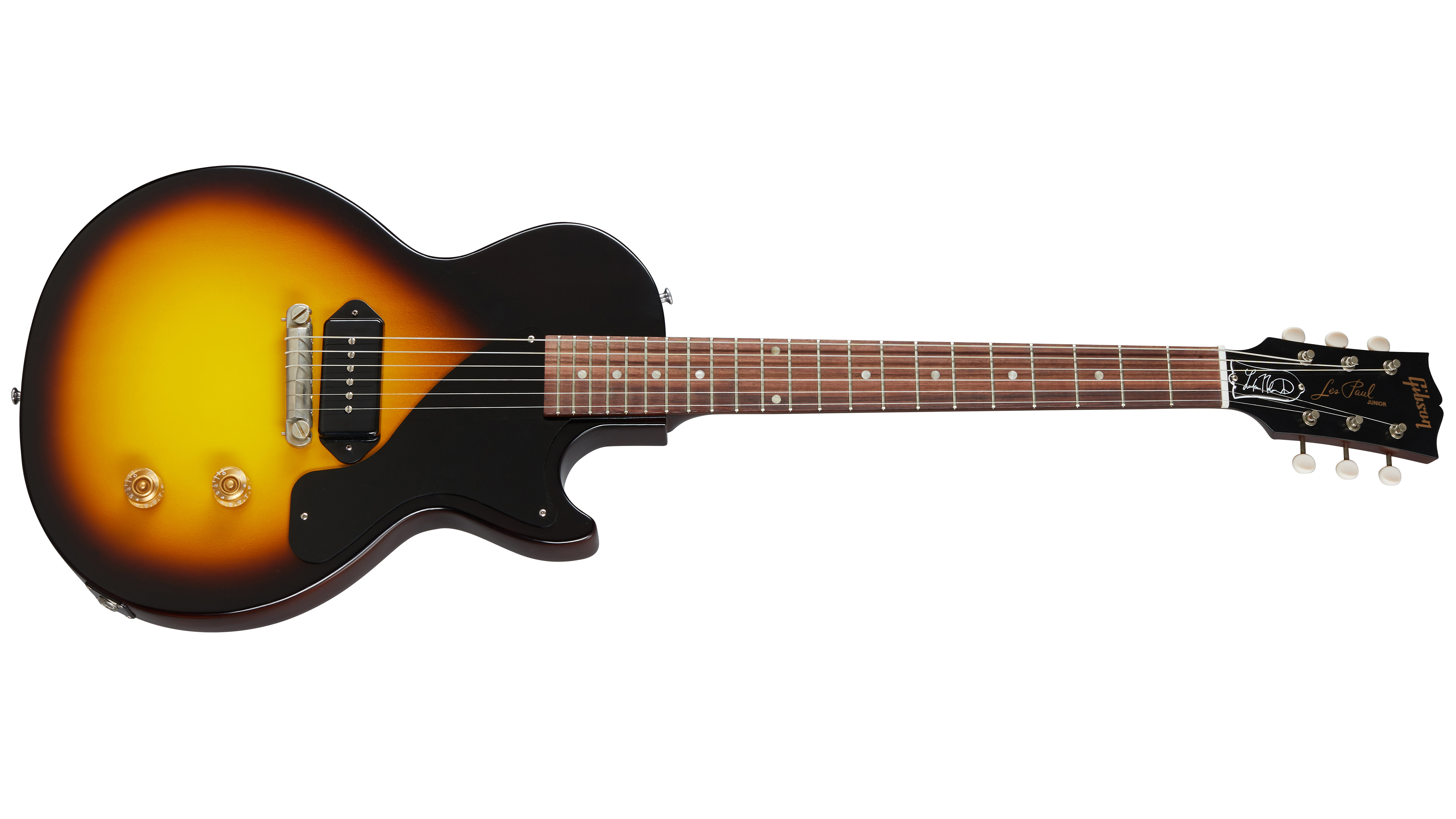
"It really responds to how you attack it, and that’s really why I love it.”
And you get such a range of tones out of it. Talk to us a little bit about that, and how the single-pickup format works for you?
“I’ve found that, yes, I didn’t have to think about too many knobs. At the time I was trying to simplify my setup technically. I would just close my eyes and get lost. What is great about this guitar is that it is much like a weighted piano, a grand piano, it really responds tonally to how hard you attack the strings.
“You an actually get more distortion and grit out of an aggressively plucked string whereas a nice, easy pluck will get you a serene, beautiful-sounding clean tone. It really responds to how you attack it, and that’s really why I love it.”
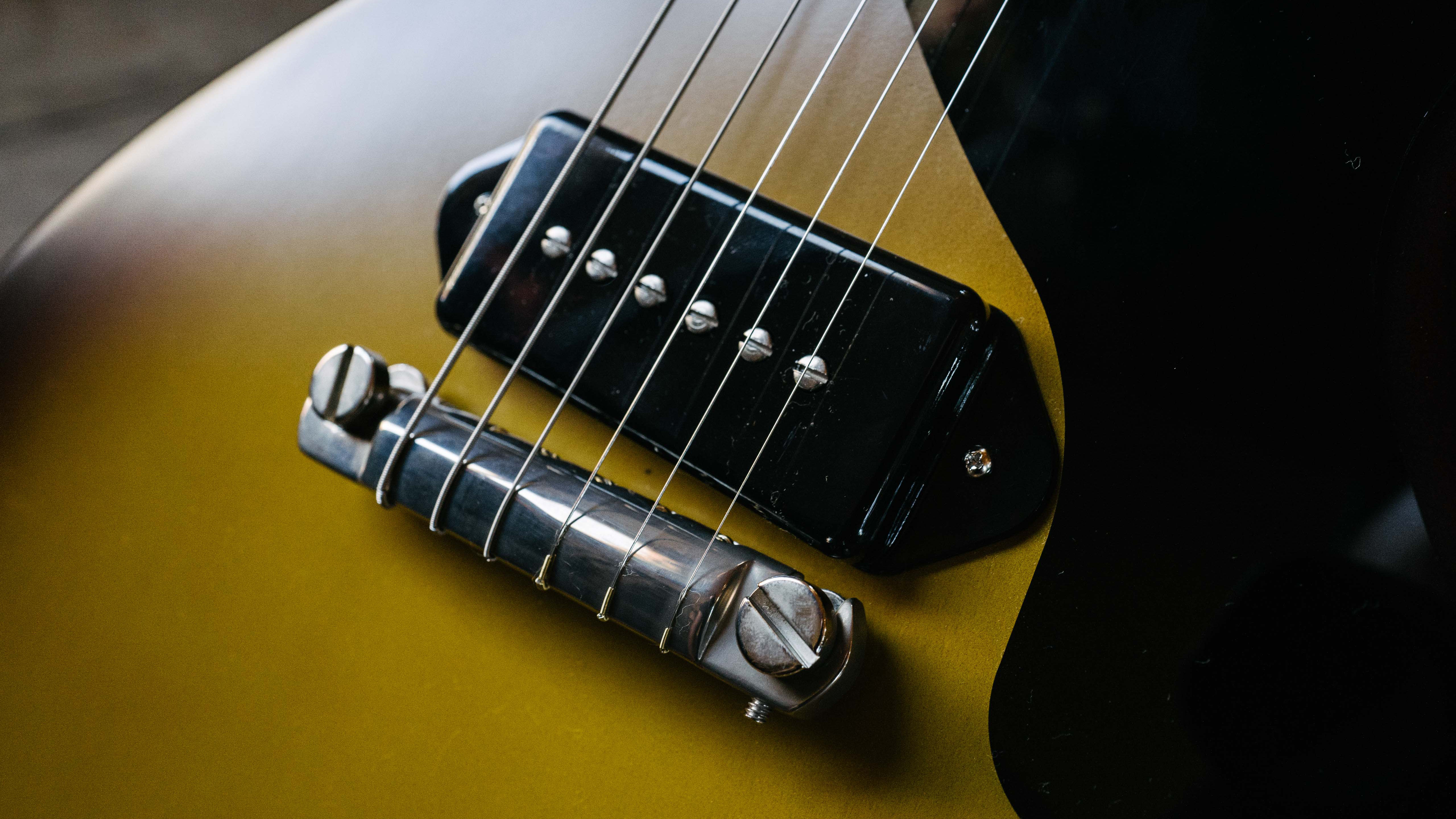
"It’s very dynamic and I feel like I am more able to be expressive emotionally with it, much in the way that Neil Young does"
Those dynamics are great. Playing guitar should be tactile like that
“Yeah, it’s a dynamic… It’s very dynamic and I feel like I am more able to be expressive emotionally with it, much in the way that Neil Young does. I mean, there are times that Neil just gets after it and there are times when he is gentle, and I find that with this I have the ability to do both.”
You have likened your experiences with Promise Of The Real and Neil Young as being a little like the Band. As a musician, that must be some education
“Well it’s like being in a masterclass, seeing how he works, seeing how he sets his guitar up, how he sets his amp up, how he approaches getting the right tones, how he records, how he wants us to play as musicians when we are playing his songs.
“I mean, it has really been an incredible experience for me that I have taken in and put towards our own projects, our own music in terms of what we have learned from him. Dynamics, and when not to play, and the idea of how to create more emotion with your dynamics onstage and your performance.”
That is where the talent is.
"Exactly."
Watching Heart Of Gold, the Jonathan Demme picture, what feels so striking is how generous a performer Neil Young is
“Oh yeah, well it takes a very strong connection of people who feel that they are adding something, that they are a worth something in order for them to create something special. He is really about picking the right energies and the right musicians. He has always picked great musicians to be with him.
“I think that show was mostly the International Harvesters, and I even think Emmylou Harris was singing backgrounds there. I think it was with Pegi, his wife.
"That was a really important time in his life and I think he was happy to be in Nashville, at the Ryman. He is very reverent of the musicians that help create and support the songs that he writes.”
"I have found – I think in the last 10 years – I have written about 250 songs"
And he’s a storyteller. Your dad [Willie Nelson] is a great storyteller. Neil Young is. And you have that gift, too. To what degree do you see songwriting as an exercise in storytelling?
“Absolutely! I think that songwriting is my greatest strength, and I have found – I think in the last 10 years – I have written about 250 songs, and what we have been doing right now is going through some. I wrote about 70 songs in this last year, and most of them – a lot of them – in the last four months.
“I’ve written during quarantine, and so we have come up with a record, man, I gotta tell you, this is the best songwriting I have ever done, and the band is super excited. We have picked a lot of songs that we are working on, but we are just kinda narrowing them down now, just shaving them away to the best ones.
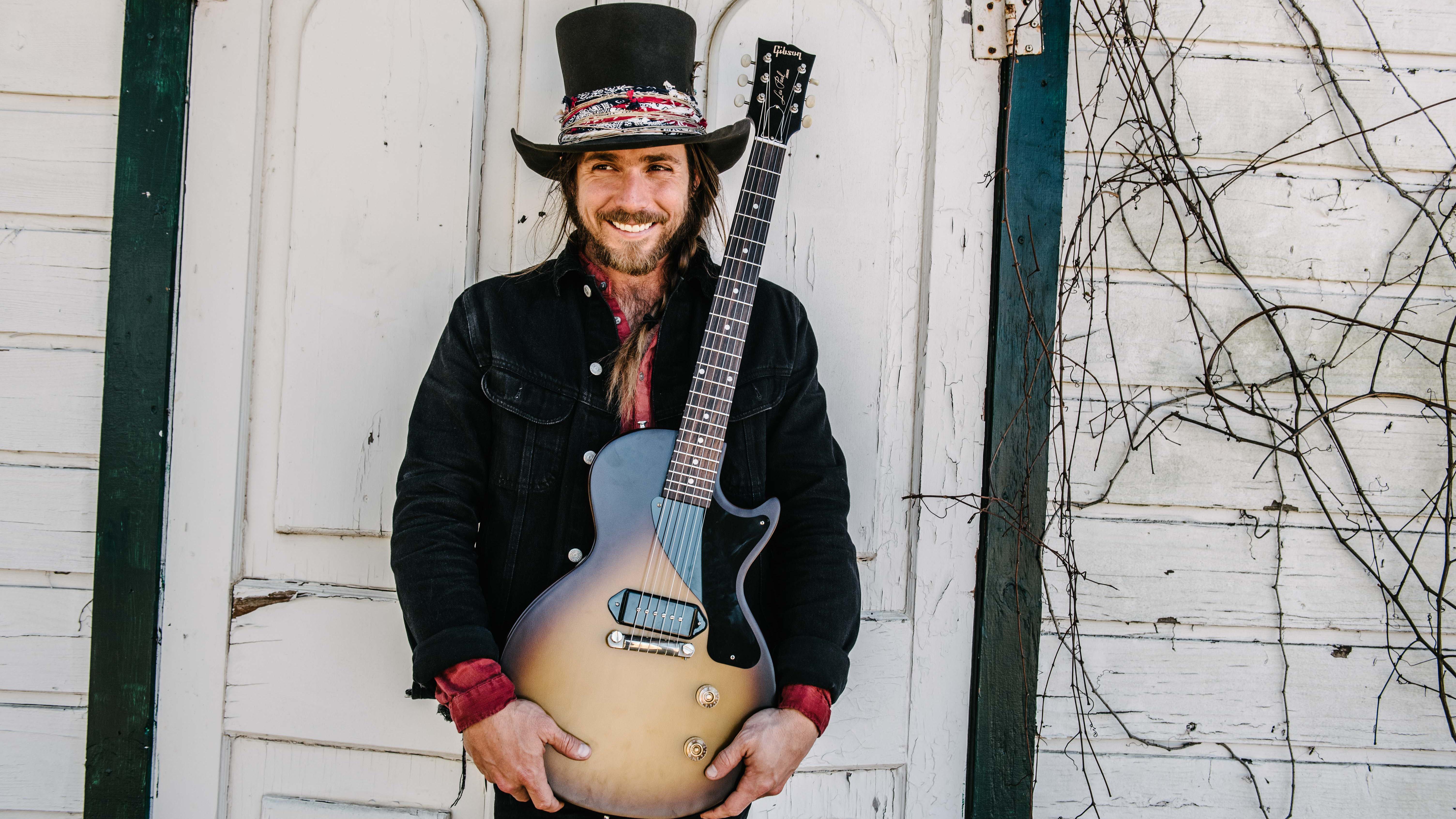
“The next record we put out may be one of the top five – it might be something that I would take myself to a desert island, if I had to choose just one or two or three records. I mean, especially with the guys that I am working with, and the way we are going to put it together.
“I am really proud of the team we have as a band, and the camaraderie, and I am also really proud how they have kept themselves together during this time, which is hard for everybody.
"I was quarantined for four-and-a-half months in Austin, and now I have gotten to LA so I can start working on this material with them. And seeing how well they have all done, and how enthusiastic they are about keeping the fire going, and the music going, is really inspiring.”
"We were on the road 250 shows a year for the last 10 years. When it wasn’t with the band, or with Neil, or with dad, I was always out"
It’s interesting hearing you talk about how many songs you write. That explains the speed with with you tracked Turn Off The News (Build A Garden) and Naked Garden, over 20 tracks in six days
“Yeah, see that was quick, but now we are having a different approach. We feel like life has given us an opportunity to slow down a little bit and really work on the music, and do some preproduction – which we have never done before. And I am not saying to over-produce it, but just to say, all right, we’ve got to get the songs exactly they way we like them.
“I have got to take the time to get the songs exactly the way I want, and we can arrange them the right way, and when we get into the studio we will be confident that we will be doing the absolute best product we can do. A lot of times we were like, ‘Oh, we only have six days ‘cos we are on the road!’
“We were on the road 250 shows a year for the last 10 years. When it wasn’t with the band, or with Neil, or with dad, I was always out, and so we worked that fast because we had to. And now we don’t have to, I am excited to see how strong we can get our material at this point.
“It is already strong, but it is blowing my mind. If we have the time to actually get it exactly right, which we do, then I think the sky is the limit.”
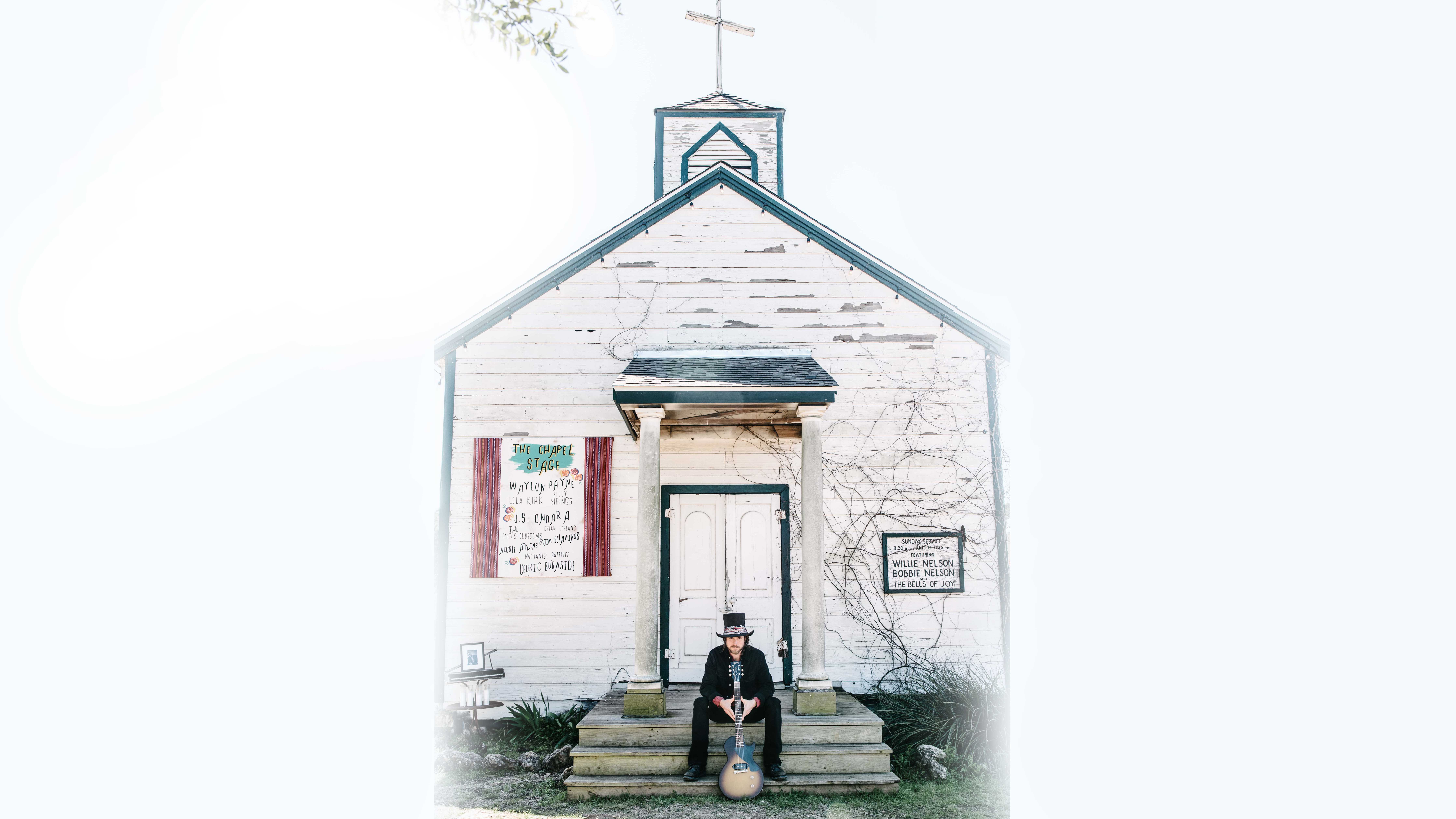
Life sets the tempo, doesn’t it. It’s like surfing. You have to wait for the wave, for the action, but in between times you’ve got to be thinking
“Exactly, that’s right. You have to ride the wave. You have to match the speed of the wave and alter the tempo.
"Like you said, it is a really important skill to have, to be able to go with the flow, literally, and that means laying back and saying, ‘Well all right, this is what’s happening, it doesn’t look good, but at the same time, here is this opportunity and now we have the time to work so we are really going to get closer than ever as a band and prepare ourselves for when the tide changes.”
What is the status? You’re in LA. Do you have a studio, a producer?
“No, we don’t have that yet. But we will. We will have it. That comes a little bit later once we know what we’re gonna do, but we have some in mind. We’ll figure it out.”
It sounds like there is a lot of work to do but do you see a theme in any of the writing?
“I’m actually not allowed to say. My manager says, ‘Hey! Keep this all quiet! You can say that you are working on stuff but don’t give anything away because it is too good.’”
"I am fascinated by the blues, gypsy jazz, and of course rock ’n’ roll"
Back to the guitar, who were your heroes, who had the biggest influence on your style?
“Well, JJ Cale, and of course Jimi Hendrix and Stevie Ray Vaughan, and all the blues greats from T-Bone Walker to Freddie King, BB King and those guys. They were all huge influences at the beginning. And my Dad is a real big influence.
“Django Reinhardt, that type of thing is really great… Mark Knopfler. I have a lot of different type of influences. I am fascinated by the blues, gypsy jazz, and of course rock ’n’ roll. But if it is rock ’n’ roll it is George Harrison. It’s the type of rock guitar players who create parts that are really beautiful.”
So you have songs. Finally you can see your bandmates. Have you visualised that moment when this horrendous thing is over and you are back on a stage?
“Oh yeah! It’s always there, and when we get there we will be there. But right now we are able to do that with each other here, and it is a beautiful place here where we are hanging out.”
Lukas Nelson & Promise Of The Real’s new album, Naked Garden is out now via Concord. Visit lukasnelson.com for updates.
The Gibson USA Lukas Nelson ’56 Les Paul Junior is available now from authorised Gibson dealers. More info at Gibson.com
Jonathan Horsley has been writing about guitars and guitar culture since 2005, playing them since 1990, and regularly contributes to MusicRadar, Total Guitar and Guitar World. He uses Jazz III nylon picks, 10s during the week, 9s at the weekend, and shamefully still struggles with rhythm figure one of Van Halen’s Panama.
“Every note counts and fits perfectly”: Kirk Hammett names his best Metallica solo – and no, it’s not One or Master Of Puppets
“I can write anything... Just tell me what you want. You want death metal in C? Okay, here it is. A little country and western? Reggae, blues, whatever”: Yngwie Malmsteen on classical epiphanies, modern art and why he embraces the cliff edge

